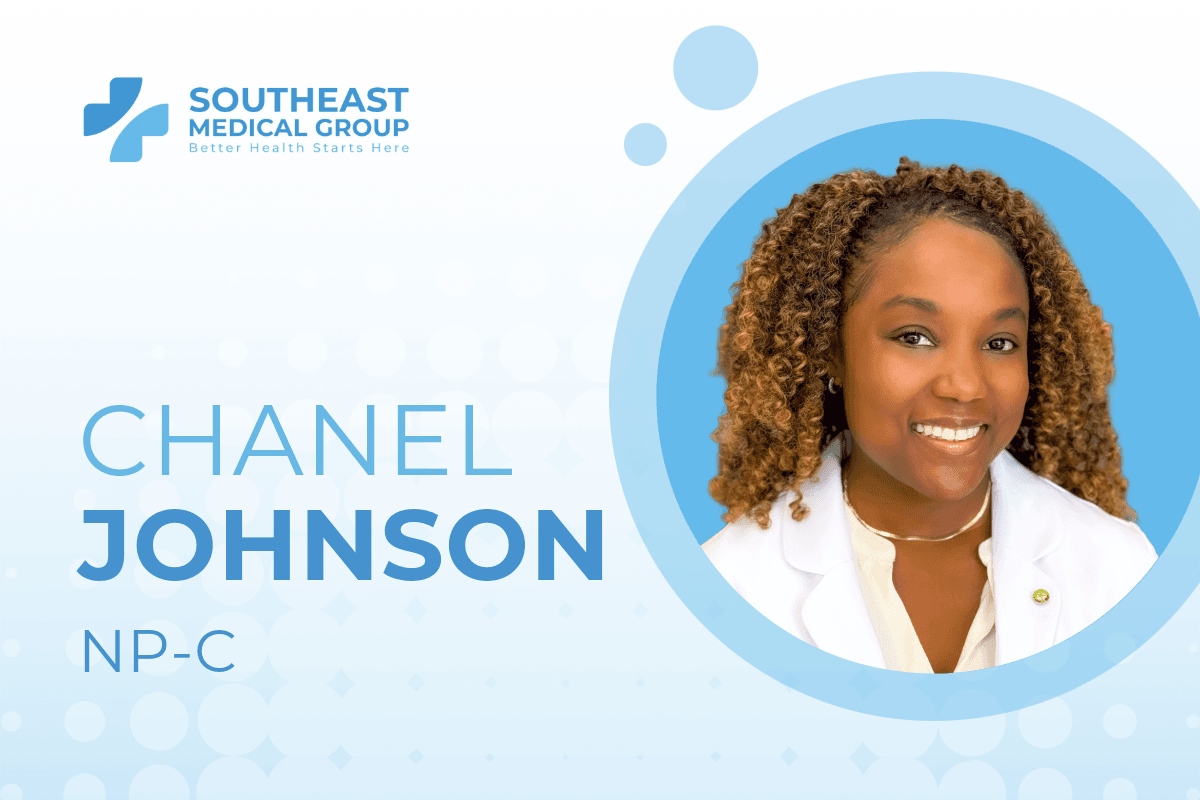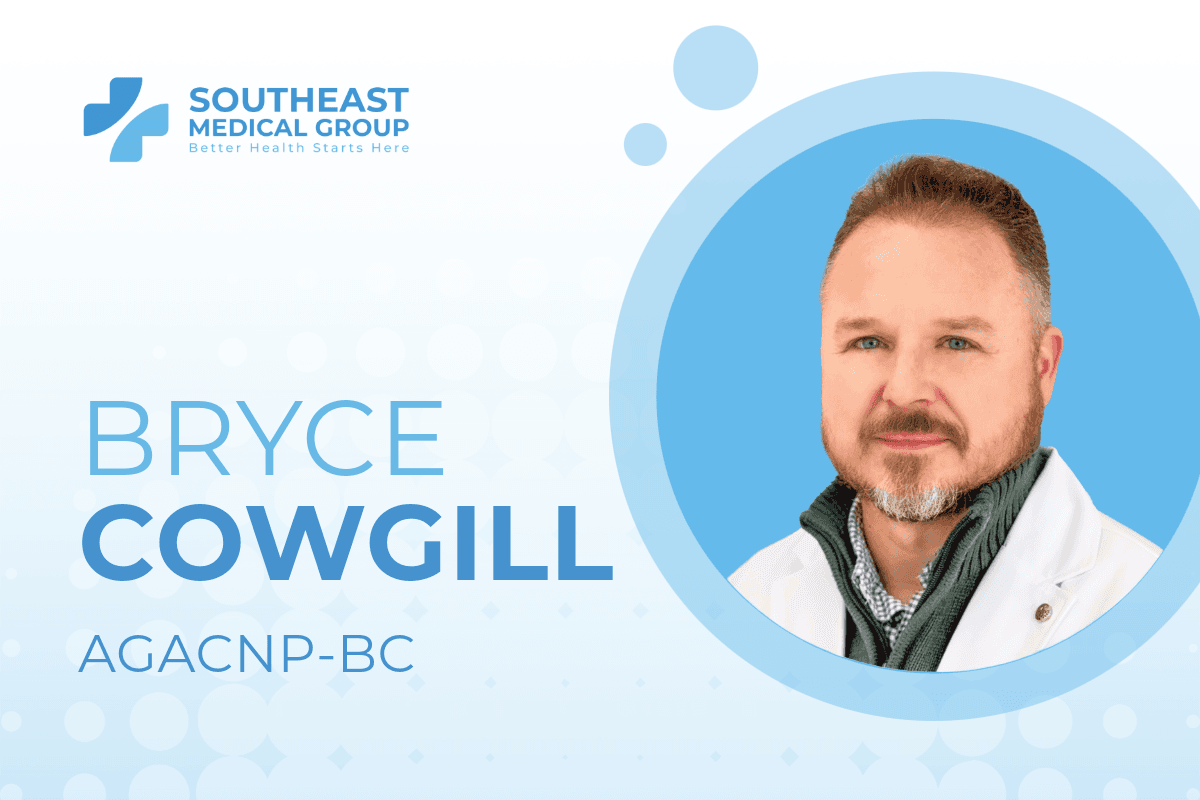Comprehensive Guide to Men's Health: Strategies for a Healthier Life

Hey guys, let's talk about your health! t's the perfect time to focus on taking care of ourselves. As men, we often put our health on the back burner, but it's crucial to prioritize our well-being. In this article, we'll discuss why men's health matters, common health risks, preventive care, and healthy lifestyle habits. Let's dive in!
Why Men's Health Matters
Guys, did you know that we tend to live shorter lives than women? It's true, and a big reason for this is that we often neglect our health. We're less likely to seek medical care, engage in preventive measures, and make healthy lifestyle choices. But it's time to change that narrative and start taking our health seriously.
Common Health Risks for Men
Heart Disease: Gents, heart disease is the leading cause of death for men. Factors like high blood pressure, high cholesterol, smoking, and obesity can increase our risk.
Prostate Cancer: This is the most common cancer in men, affecting about 1 in 9 men during their lifetime. Early detection is key!
Depression and Suicide: Men, we're not immune to mental health issues. In fact, we're more likely to die by suicide than women. It's okay to not be okay, and seeking help is a sign of strength.
Preventive Care and Screenings
One of the best ways to stay on top of our health is through preventive care and regular screenings. Here's what you need to know:
Regular Check-ups
Don't wait until something's wrong to see a doctor. Regular check-ups can help catch potential health issues early when they're most treatable. Make an appointment with your healthcare provider today!
Important Health Screenings
Blood Pressure and Cholesterol: High blood pressure and cholesterol can increase your risk of heart disease. Get these checked regularly, starting at age 20.
Prostate Cancer Screening: Talk to your doctor about prostate cancer screening, typically starting at age 50 (or earlier if you're at high risk).
Colorectal Cancer Screening: Screening for colorectal cancer usually starts at age 45. Don't put it off - it could save your life!
Healthy Lifestyle Habits
Guys, we have the power to improve our health through our daily habits. Here are some tips:
Exercise Regularly
Regular physical activity is crucial for maintaining a healthy weight, reducing disease risk, and boosting mental health. Aim for at least 150 minutes of moderate-intensity exercise per week. Find activities you enjoy, like jogging, swimming, or playing sports with friends.
Eat a Balanced Diet
A healthy diet is key to feeling your best. Focus on eating plenty of fruits, vegetables, whole grains, lean proteins, and healthy fats. Limit processed foods, sugary drinks, and excessive alcohol consumption. Don't forget to stay hydrated by drinking plenty of water!
Manage Stress
Chronic stress can take a toll on our physical and mental health. Find healthy ways to manage stress, such as exercise, meditation, deep breathing, or talking to a trusted friend or therapist. Make time for hobbies and activities that bring you joy and relaxation.
Get Enough Sleep
Sleep is essential for our overall health and well-being. Aim for 7-9 hours of quality sleep each night. Create a relaxing bedtime routine, avoid screens before bed, and keep your bedroom cool, dark, and quiet.
Practice Safe Behaviors
Guys, let's talk about safety. Always wear a seatbelt, follow traffic laws, and never drink and drive. Practice safe sex by using condoms to protect against STIs. If you smoke, consider quitting - it's one of the best things you can do for your health.
When to Seek Help
Men, if you're experiencing symptoms or have concerns about your health, don't hesitate to reach out to a healthcare professional. Some signs that you should seek medical attention include:
Chest pain or discomfort
Shortness of breath
Unexplained weight loss
Changes in bowel or bladder habits
Persistent pain or discomfort
Feelings of depression or anxiety
Remember, taking care of your health is not a sign of weakness - it's a sign of strength and self-respect.
Conclusion
Gentlemen, let's make Men's Health Month a turning point in prioritizing our well-being. By staying on top of preventive care, making healthy lifestyle choices, and seeking help when needed, we can live longer, healthier, and happier lives. Let's break the stigma surrounding men's health and encourage each other to put our health first. Together, we can make a positive change in the lives of men everywhere.
Frequently Asked Questions
How often should I get a check-up with my doctor?
What are some warning signs of depression in men?
How can I incorporate more physical activity into my busy schedule?
What are some healthy ways to cope with stress?
What should I do if I'm experiencing symptoms but feel embarrassed to see a doctor?
| Section | Content |
|---|---|
| Introduction | Understanding the importance of men's health and the role of healthcare professionals. |
| Nutrition and Diet | The impact of nutrition on men's health and practical dietary guidelines. |
| Exercise and Fitness | Tailoring fitness routines to men's health needs and goals. |
| Mental Health | Addressing mental health in men: stigma, support, and strategies. |
| Preventive Care | The significance of regular check-ups and screenings in men's health. |
| Health Risks and Management | Identifying and managing common health risks in men. |
| Aging and Health | Navigating the challenges of aging with a focus on men's health. |
| Conclusion | Empowering men to take charge of their health for a brighter, healthier future. |
Introduction
Men's health is a critical area that encompasses various aspects of well-being. Healthcare professionals play a pivotal role in educating and guiding men to understand and take charge of their health. This comprehensive guide delves into the key areas of men's health, offering insights and strategies for both healthcare providers and patients to foster a healthier life.
Nutrition and Diet
A balanced diet is the cornerstone of good health. For men, consuming a diet rich in fruits, vegetables, lean proteins, and whole grains can help reduce the risk of chronic diseases. Healthcare professionals should encourage patients to limit processed foods, excessive alcohol consumption, and high sugar intake to prevent obesity and related health issues.
Exercise and Fitness
Regular physical activity is essential for maintaining a healthy weight, reducing the risk of heart disease, and strengthening muscles and bones. Tailoring fitness routines to individual health needs and goals is crucial. Healthcare providers can support men by recommending appropriate exercises and emphasizing the importance of consistency.
Mental Health
Mental health is often overlooked in men due to societal stigma. It's vital to create a supportive environment where men feel comfortable discussing their mental health concerns. Healthcare professionals can play a key role in providing resources, support, and treatment options.
Preventive Care
Preventive care, including regular check-ups and screenings, is vital for early detection and management of health issues. Men should be informed about the importance of screenings for conditions like prostate cancer, testicular cancer, and hypertension.
Health Risks and Management
Identifying common health risks such as heart disease, diabetes, and respiratory ailments is crucial. Healthcare providers should work with patients to manage these risks through lifestyle changes and medication adherence.
Aging and Health
As men age, they may face unique health challenges. Addressing issues like prostate health, erectile dysfunction, and hormonal changes is important for maintaining quality of life. Healthcare professionals should guide their patients through these changes with empathy and expertise.
Conclusion
Empowering men to take charge of their health is essential for a brighter, healthier future. This guide serves as a resource for healthcare professionals and patients alike, emphasizing the importance of a proactive approach to men's health.



